How your specific training requirements will determine your choice between e-learning or classroom

Contrary to expected assumptions, transitioning from a classroom to a virtual learning space is not a one-for-one trade. While e-learning has gone from a niche type of teaching for techy subjects, to being a preferred and necessary way to teach just about everything, people’s individual needs, and the necessity to often learn in your own time and at your own pace will be the deciding factor in whether you opt for classroom or e-learning, and not based simply on technology’s expansion.
NOSA is aware of the benefits of both classroom and online training, and with Level 3 of the nationwide lockdown allowing us to reopen a selection of our physical training centres, our clients can choose between a face-to-face perspective, or a combination of webinar sessions and e-learning course options.
To assess whether you require classroom or e-learning training, ask yourself the following questions. Depending on which questions you answer ‘yes’ or ‘no’ to, you will have a clearer idea of which type of training works best for you.
- Do you enjoy a lot of social interaction?
Social interaction between students, colleagues, and instructors is a big part of traditional classroom learning. Learners raise their hands, ask questions (and have them answered), instructors give presentations, etc. While this type of interaction might be different in an online environment, that doesn’t mean it isn’t possible.
Studies suggest online interaction encourages participation and more substantive discussion. This social interaction occurs through discussion boards, chats, forums and email. The thing is, for this to work someone, usually the instructor, must act as a monitor and participant. He or she must be able to jump in and answer questions when needed but also, more importantly, be present to intervene if a discussion gets out of hand. They must also give clear instructions as to what learners must do and discuss. If you’ve ever been in a class where the instructor leaves too many instructions unsaid, then you know how frustrating this is, and it is even more frustrating in an online environment where you don’t have designated face time with that instructor.
- Is where you learn important?
In a traditional classroom setting the biggest difference from e-learning is that there is, in fact, a physical classroom. E-learning, on the other hand, turns the world into your classroom (or the corner of your bedroom, if you prefer). You can stop and start when you want to, replay/review material during and even after the course. This isn’t possible in traditional learning, at least not as easily. The ability to review information at the moment of need is a major advantage of e-learning. It allows learners to refresh themselves on information that would typically be forgotten immediately after a traditional class.
- Does the form of your instructional materials matter?
Typically, when you take a training course most of the material is presented verbally by an instructor, and sometimes complemented with a visual aid (e.g. PowerPoint). But in e-learning the written and visual notes take the place of the traditional instructor standing in front of the classroom. If you aren’t comfortable with learning largely from this kind of material, e-learning may not be appropriate for you.
- Are you self-disciplined enough?
How much can you discipline yourself? Do you need structure to be a successful student? Do you need a running to-do list every day to check things off as you go? If you need help to maintain discipline, you may fine e-learning difficult. Being an online student will work well for you if you have the ability to self-motivate. Without a plan or some type of organisation, your work will suffer in the online classroom. But if you set deadlines and prioritise your schedule, you should see success.
- Are you employed full time?
Traditional classroom education can be very structured, and require you as the learner to attend classes at a designated place and time. For some, this structure keeps them on track. But for others, sticking to an organised agenda is difficult, especially if you are balancing work or family responsibilities on top of your studies. Online learning enables you to study virtually any time, anywhere you have an internet connection. It’s an ideal solution for people with demanding work schedules or family obligations.
- Do you crave flexibility?
One of the key components to consider when weighing your options is the amount of time you have every day to work on your degree. Do you need a certain amount of flexibility for your busy schedule? Then e-learning is your best choice as you can mould it to your schedule.


